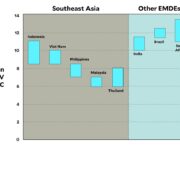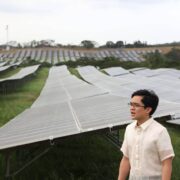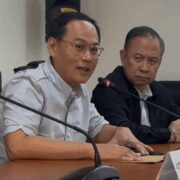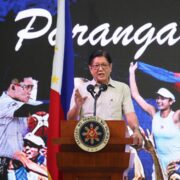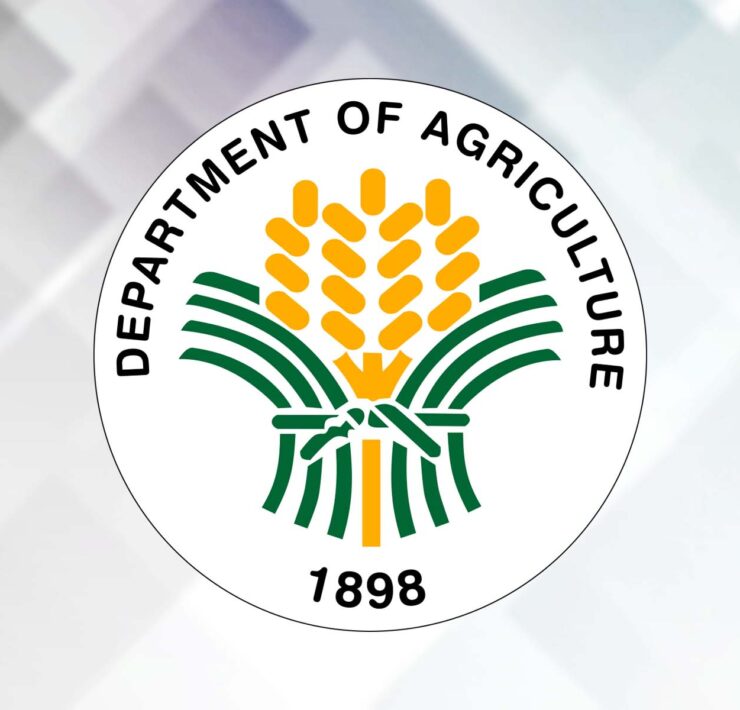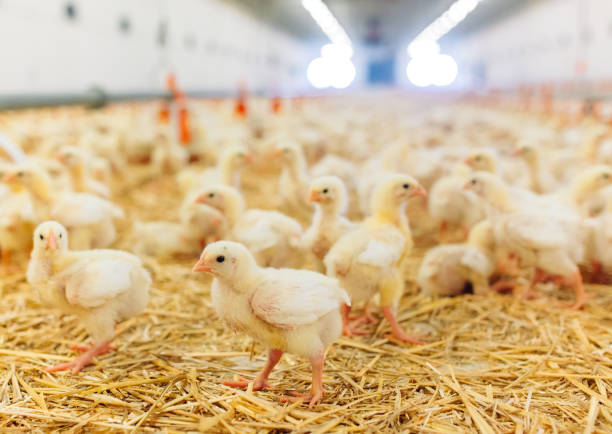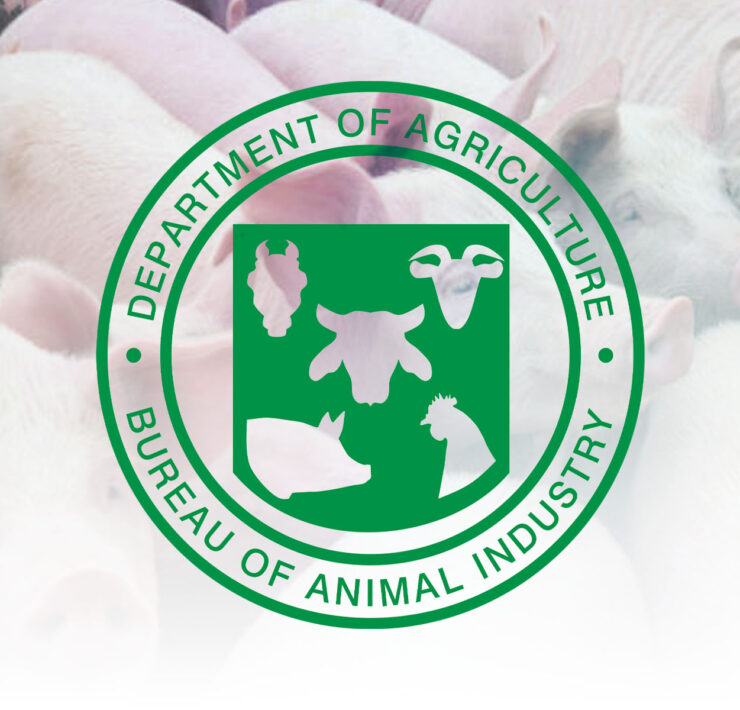Private sector must be involved in agri governance
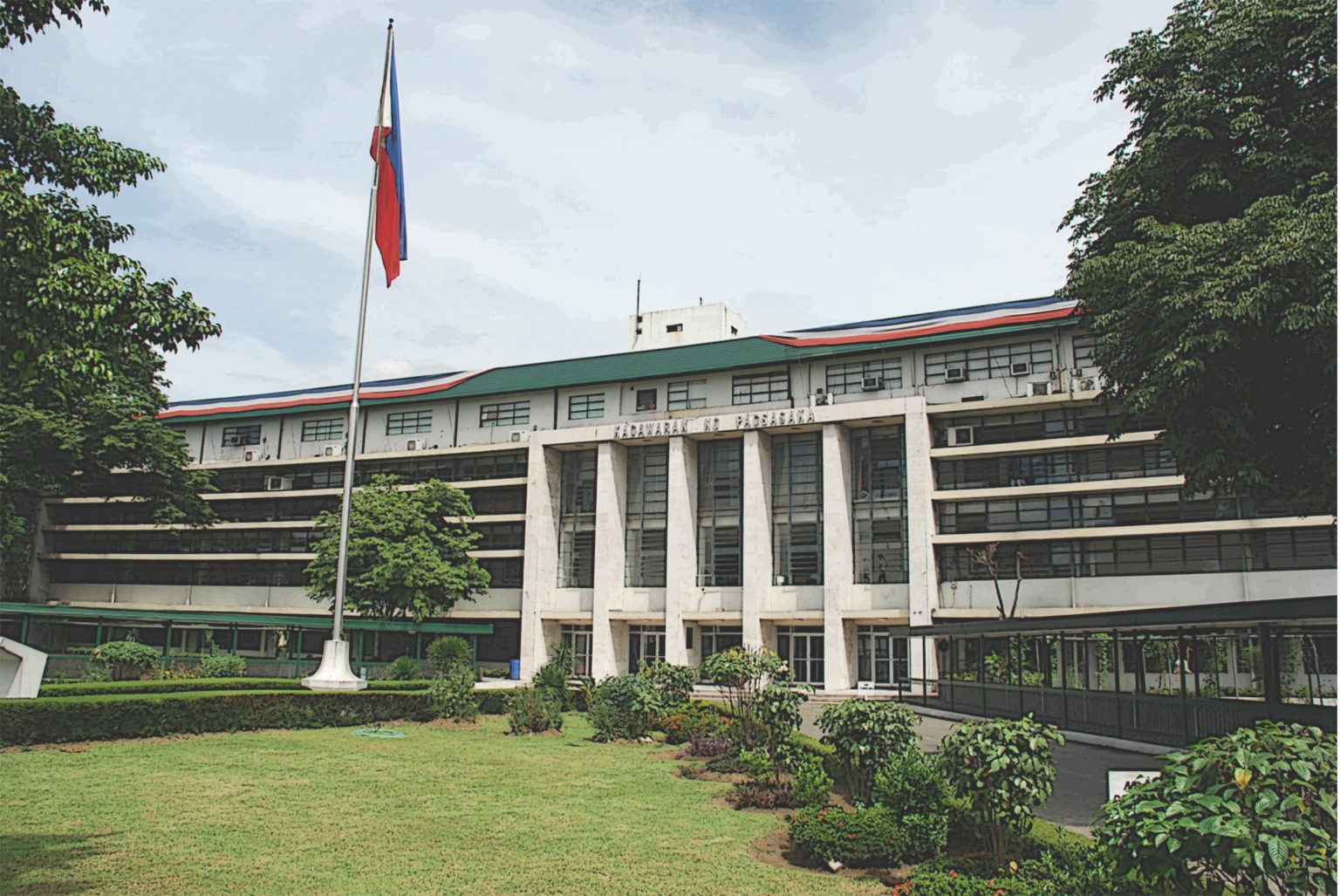
The private sector must participate in agriculture governance, together with government, to accelerate our economic development.
This was the consensus arrived at during the 50th Philippine Chamber of Commerce and Industry (PCCI) business conference held from Oct. 22 to 23. It had 1,800 participants from all over the country, ably led by PCCI president Enunina Mangio and chair George Barcelon.
Out of all the past conferences, this one put the most emphasis on agriculture. It was evident in the three sets of resolutions presented by resolution committee chair and globally eminent lawyer Benedicta Du-Baladad: achieving food security, human resources development and more investments and job creation.
The resolutions fully supported the new initiatives of Agriculture Secretary Francisco Tiu Laurel Jr. and even expanded them.
Modern technology
For achieving food security, emphasis was given on implementing modern farming technologies. These would be done through public-private partnership, with the pilot projects launched in different regions.
PCCI’s Ramon Escueta has taken the lead together with Science and Technology Secretary Renato Solidum Jr., who explained the need for increased collaboration during the conference.
In addition, revitalization plans were recommended for sectors such as coconut, hog and aquaculture. Establishing and strengthening cooperatives for economies of scale should be done.
In line with this, Congress must immediately increase the land retention limit from 5 to 24 hectares. Aside from constructing roads, it should likewise significantly fund modern warehouses, distribution centers and cold-chain facilities (the Department of Agriculture or DA is now starting to do this).
For human resource development, given our current state of severe malnutrition and stunting, agriculture is important in providing nutritious food.
There should be community-wide campaigns to raise awareness about malnutrition and the long-term effects on child development. Nutrition education in schools and health-care facilities should become a national public-private effort.
For more investments and job creation, private stakeholders should work with government to eliminate unnecessary regulation and to achieve “ease of doing business.”
An infrastructure master plan should include farm-to-market roads and major transportation hubs in the regions to facilitate the movement of goods.
Finally, agriculture investment promotion should be increased, in the same way the DA has recently formulated the first comprehensive agriculture export strategy.
Game changers
On behalf of Tiu Laurel, who is abroad, Undersecretary Roger Navarro identified game-changing initiatives.
For the “Build Better More” program, a project for possible funding by the French government aims to: (1) provide connectivity and linkage along farm-to-market roads; (2) ensure unhampered flow of trade; and (3) establish an efficient value chain of food and agriculture commodities to their destined markets.
Another initiative proposed for World Bank financing is to accelerate the implementation and impact of DA activities. This would look at the department’s systems and procedures to help build institutions. It would also expand the impact of interventions from the DA through a programmatic approach.
With its extensive nationwide network, and following its recent spotlight on agriculture, PCCI should become a valuable partner of the DA in co-governance.
During the administration of former President Fidel V. Ramos, he gave PCCI regional leaders a participatory oversight role on presidential flagship projects. When that happened, transparency increased, project completion accelerated, and corruption was minimized.
PCCI has recently agreed to do a similar role in the private sector monitoring of the DA budget in the different regions. This initiative will supplement the private sector-led monitoring task of the Philippine Council of Agriculture and Fisheries.
With this and other private sector participation in agriculture governance, our needed agriculture transformation may soon be realized.
The author is Agriwatch chair, former secretary of presidential flagship programs and projects, and former undersecretary of the Department of Agriculture and the Department of Trade and Industry. Contact is agriwatch_phil@yahoo.com.

